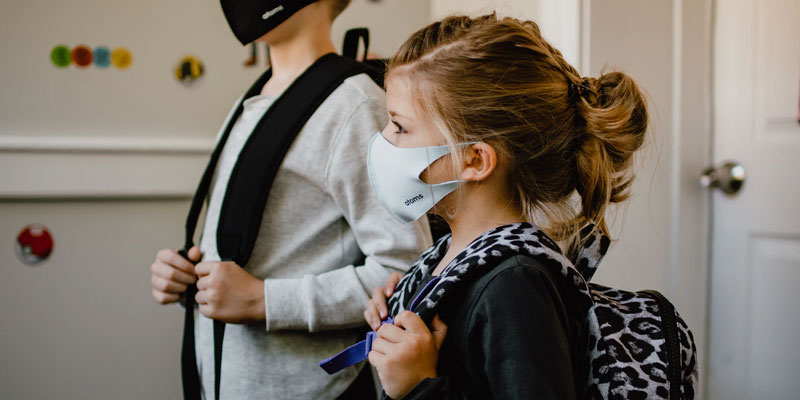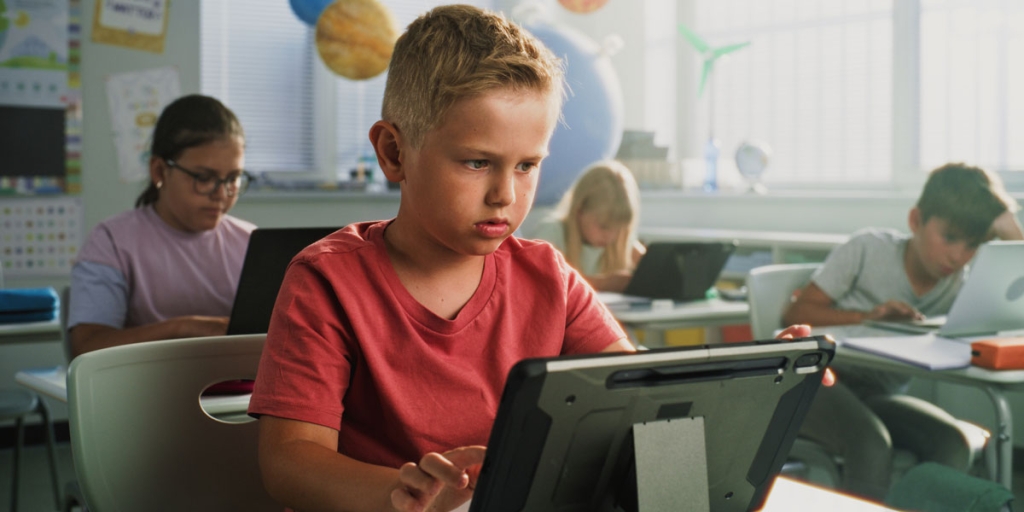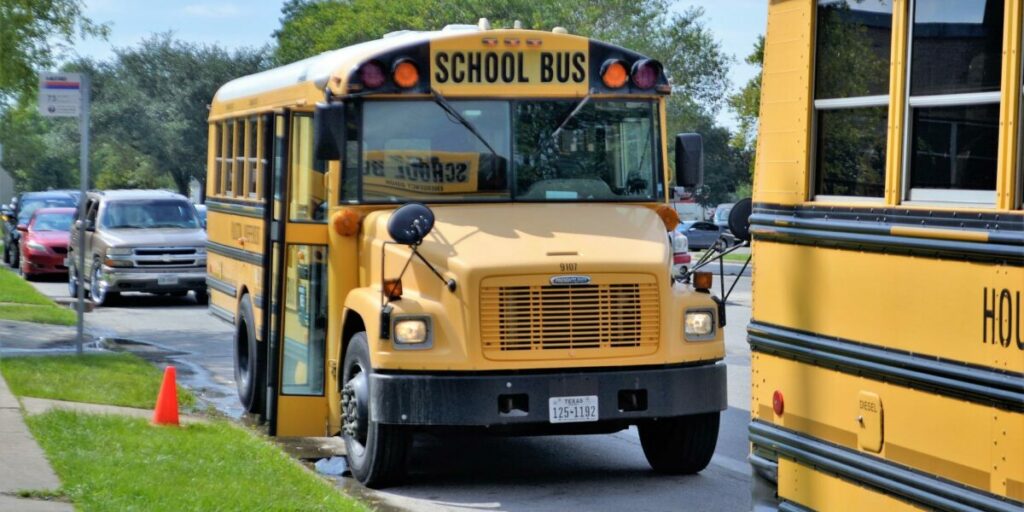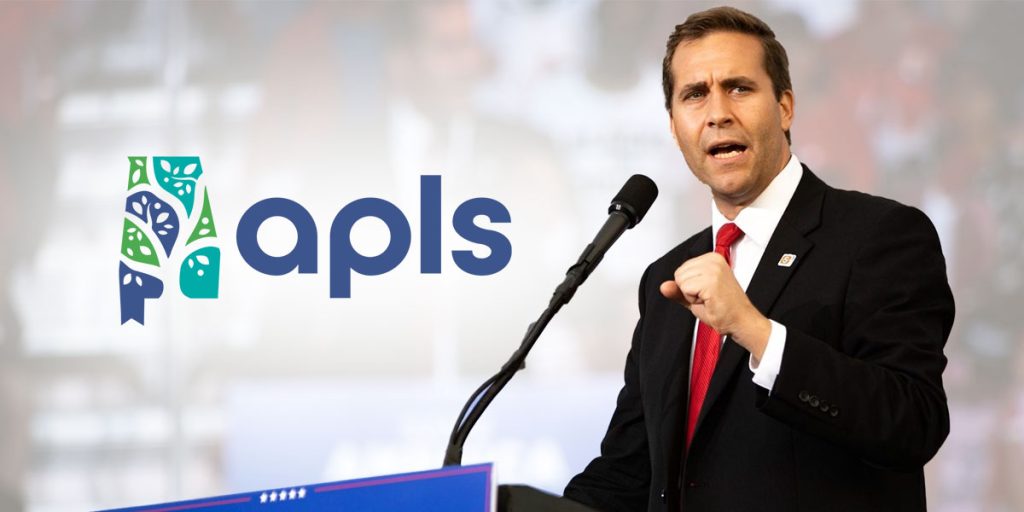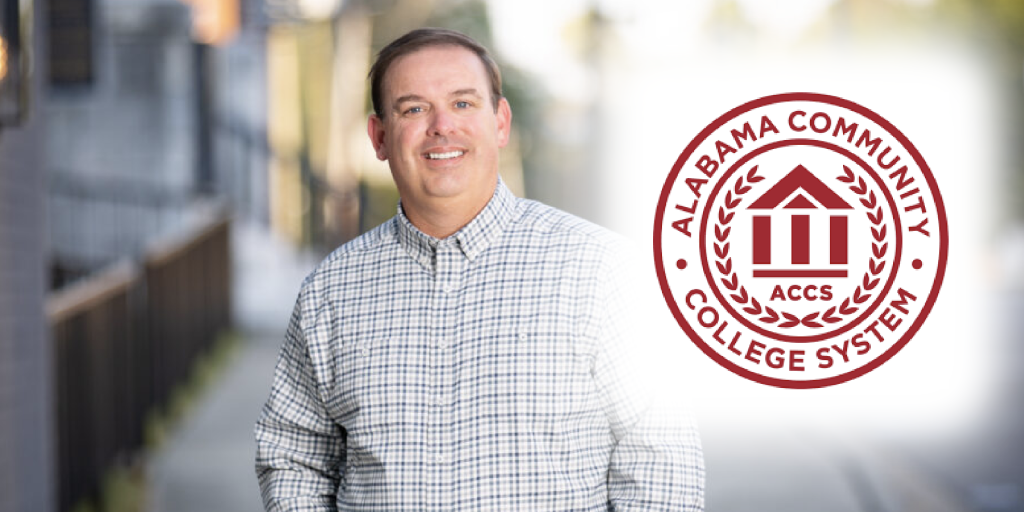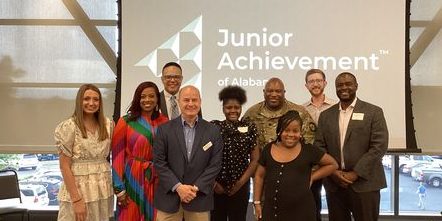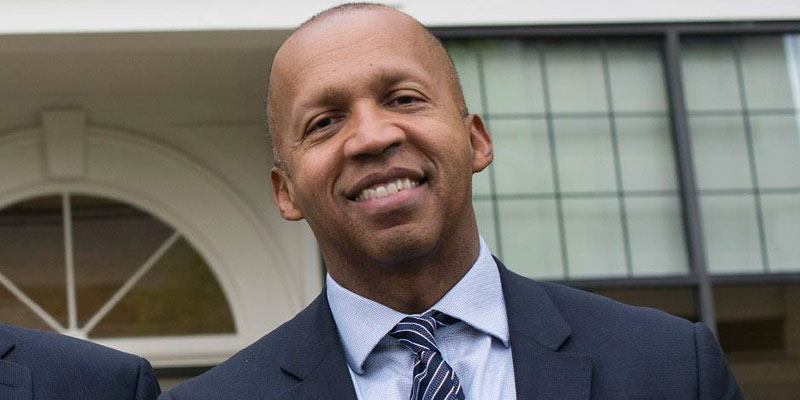Despite the best efforts of parents and educators across our state, over the past year, social isolation, hunger and lost instructional time have hit our students hard. According to VOICES for Alabama’s Children, Alabama ranks 47th in the nation for child well-being and the COVID-19 pandemic has only exacerbated the challenges faced by children and families.
As we emerge from the pandemic and turn our focus to recovery, our children need our support.
With summer approaching and as we plan for the year ahead, afterschool and summer learning programs are essential for re-engaging students and accelerating their academic, social and emotional recovery.
In Alabama, afterschool and summer learning programs provide enriching opportunities that inspire kids to learn and keep them safe and supported. These programs offer so much more than academic support, giving students opportunities to explore their passions in a fun, informal environment where kids learn together through hands-on, team-building activities.
The American Rescue Plan provides an unprecedented opportunity to support students’ learning needs. The latest COVID-19 relief package provides more than $2 billion in funding for Alabama’s state and local education agencies to use for learning recovery and to meet students’ social, emotional and mental health needs. Recognizing how critical afterschool and summer learning programs are to the pandemic recovery, the Act encourages partnerships between schools and youth-serving organizations.
As education leaders in Alabama allocate federal funding for recovery and school districts determine how to spend those funds, it’s crucial that schools partner with community-based programs to support students—starting this summer.
Funding can support programs like Tuscaloosa City Schools’ Summer Learning Academies, co-led by Skyland Elementary School counselor Lindsey Blevins, which will serve about 4,000 kids in kindergarten through twelfth grade; 65% of students in the district are on the free- and reduced-price lunch program. The free programs mix fun activities with academic instruction in math, science, and reading skills to spark kids’ excitement for learning. Ms. Blevins and other district staff are getting extra creative by giving each school’s academy its own theme. For example, Skyland Elementary’s theme will be “Lights, Camera, Action.” It’s their way of ensuring kids have fun, while giving students the opportunity to reacclimate to attending school in-person five days a week, after many months of remote learning and isolation.
Decades of data prove afterschool and summer learning programs support kids’ social and emotional development, accelerate learning gains, improve students’ reading and math skills, and boost on-time graduation. Additionally, these programs are a lifeline for our families. In Alabama, 94% of parents say afterschool helps them keep their jobs or work more hours, arguably more important than ever before as our economy recovers from the COVID-19 fallout.
Although summer and afterschool programs are popular and proven effective, they have been chronically underfunded in Alabama. Every year, afterschool and summer learning programs across the state cobble together funding from federal, state, and local sources to support their programs. For example, Skyland Elementary’s SPARK program and a handful of other Tuscaloosa afterschool and summer learning programs have been funded for the past few years by a federal 21st Century Community Learning Centers grant. Because of this funding, Ms. Blevins has been able to serve more students, but she has to re-apply every three years and supplement the funding with state and local funds to support Skyland’s and other schools’ programs. During COVID-19, the A.G. Gaston Boys & Girls Club in Birmingham relied on the United Way’s funding to stay open for full days as a community learning hub, where kids could log into virtual classrooms and receive help with their school work.
Without the hard work of grant directors like Ms. Blevins and leaders at the Boys & Girls Clubs who are dedicated to seeking and securing adequate funding from a patchwork of sources, many students in Alabama won’t have access to afterschool and summer learning programming. In fact, currently, for every Alabama student in an afterschool program, four more children (335,000) are waiting to get in. Kids from families with low income and communities of color are most likely to miss out due to cost, transportation issues, and lack of access to programs.
With the American Rescue Plan, we have the opportunity to fund afterschool and summer learning programs, making them more accessible for more kids. This is an essential strategy for an equitable, robust recovery and a necessary investment in our children’s future. I urge our state and local education agencies to use funding from the American Rescue Plan to address the unmet demand for afterschool and summer enrichment programs to help more kids emerge from this crisis strong, resilient and hopeful.
Felicia Simpson is director of the Alabama Afterschool Community Network, housed at the University of Alabama’s College of Education.




